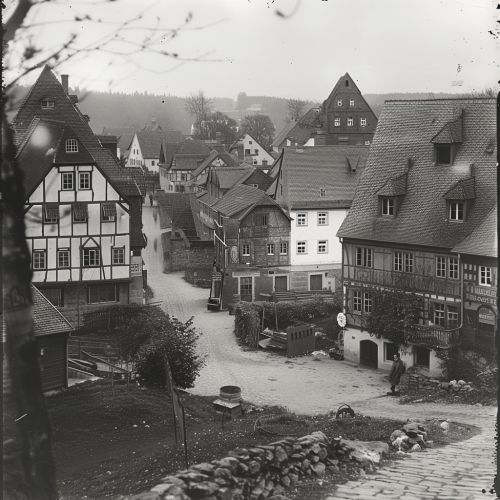Hannah Arendt
Early Life
Hannah Arendt was born on October 14, 1906, in Linden, German Empire. She was the only child of Martha (born Cohn) and Paul Arendt, a businessman. Her mother was a musician who had studied at the Stern Conservatory in Berlin, and her father was an engineer and businessman.


Education
Arendt studied philosophy at the University of Marburg under Martin Heidegger, with whom she developed a lifelong relationship. She also studied with Edmund Husserl and Karl Jaspers, both of whom greatly influenced her thinking. She received her doctorate in philosophy from the University of Heidelberg in 1928, where she studied under Karl Jaspers and wrote her dissertation on the concept of love in Saint Augustine's thought.
Career
Arendt's career spanned a wide range of roles and institutions. She worked as a research assistant at the German Federation of Trade Unions, as a journalist for the German newspaper "Der Aufbau", and as a lecturer at the University of California, Berkeley. She also held professorships at several prestigious institutions, including Princeton University, the University of Chicago, and the New School for Social Research in New York City.

Political Theory
Arendt's work in political theory is characterized by her deep engagement with the nature of power, authority, and totalitarianism. Her most famous work, "The Origins of Totalitarianism", is a detailed analysis of the rise of totalitarian regimes in the 20th century, particularly in Nazi Germany and Stalinist Russia. Her other major works include "The Human Condition", "Between Past and Future", and "On Revolution", all of which explore the nature of politics, authority, and the public sphere.
Legacy
Arendt's work continues to be influential in a variety of academic disciplines, including political science, philosophy, and history. Her concepts of "the banality of evil" and "the public sphere" have become key terms in contemporary political and social theory. Her writings on totalitarianism have also been widely cited in discussions of contemporary political phenomena, such as the rise of authoritarianism in the 21st century.
